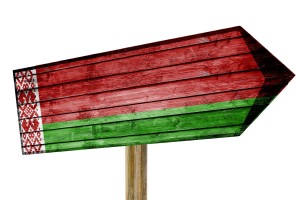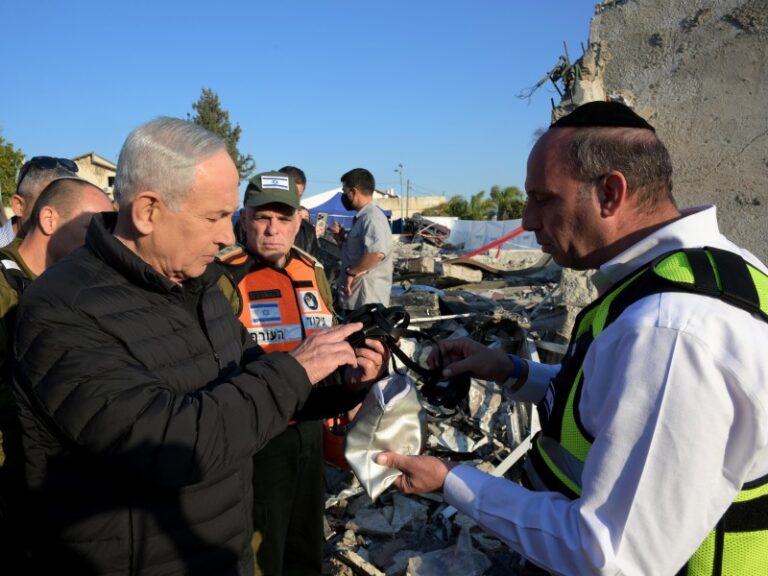
Geneva: Belarus remains the sole country in Europe to maintain and use the death penalty as the highest measure of criminal punishment. Since 1990, more than 400 inmates on death row have been executed, and only one has been pardoned.
United Nations human rights mechanisms have repeatedly called upon Belarus to abolish the death penalty. As at March 31, 2021, five people in Belarus were reportedly awaiting execution. Two of them – Viktar Paulau and Viktar Serhel – both found guilty for murder, were sentenced to the death penalty in 2019. Two others – brothers Stanislau and Illia Kostseu – were sentenced on January 10, 2020 for a murder they committed when aged 18 and 20, respectively. In 2021, Viktar Skrundzik, 29, was re-sentenced to death for murder. The trial was held after the Supreme Court overturned in June the initial death sentence handed down in March 2020.
Belarus has witnessed an unprecedented human rights crisis over the past year, an independent expert appointed by the Human Rights Council said today, calling on authorities to end their policy of repression and to fully respect the legitimate aspirations of their people.
In her annual report to the Human Rights Council, Anaïs Marin, who is also a researcher with the University of Warsaw, Poland, said a matter of particular concern is the fact that information on the death penalty in Belarus continues to be classified as “confidential” by the State. Neither the convicted person nor the person’s relatives receive notice of the execution date or information about the place of burial after the execution. The Special Rapporteur said that the State should demonstrate political will and engage in education and advocacy in favour of abolishing the death penalty and, as an interim measure, promptly introduce a moratorium on executions.
Marin said she had been informed about massive police violence against protesters, cases of enforced disappearance, allegations of torture and ill-treatment and the continuous intimidation and harassment of civil society actors.
Also read: Putin again condemns EU sanctions against Belarus which he calls Russia’s closest ally
“The Belarusian authorities have launched a full-scale assault against civil society, curtailing a broad spectrum of rights and freedoms, targeting people from all walks of life, while systematically persecuting human rights defenders, journalists, media workers and lawyers in particular,” Marin told the Council.
“The crackdown is such that thousands of Belarusians have been forced or otherwise compelled to leave their homeland and seek safety abroad; yet the downing of a civilian plane in Minsk on 23 May, for the apparent sole purpose of arresting a dissident who was on board, signalled that no opponent to the current Government is safe anywhere.”, the expert added.
The significant deterioration of the human rights situation in Belarus started in late spring 2020 and climaxed in the aftermath of the presidential election of 9 August, the results of which were widely contested. Malpractices were reported during the election campaign, as most opposition candidates were forced out of the race, whereas vote-count was marred by allegations of fraud.
“Distrust in the legitimacy of the electoral outcome triggered spontaneous and largely peaceful popular protests to which the authorities responded with unjustified, disproportionate and often arbitrary force,” said Marin, who reminded that over 35,000 people have been detained since then for trying to exert their right to freedom of peaceful assembly, including women and children arrested for peacefully demonstrating solidarity with victims of police violence.
“Since August 2020 I received innumerable allegations of beatings and ill-treatment, including torture in detention, but also allegations of rapes, enforced disappearances and even killings – all remain to be investigated.”
Whereas according to available information impunity seems to prevail to this date for the massive human rights violations that occurred during the reporting period, the expert said she was equally alarmed by the hundreds of cases of criminal prosecution of human rights defenders and lawyers, journalists and medical staff simply for doing their job.
“As the legal and judicial systems in Belarus protect the perpetrators of grave human rights violations, continuing impunity means that there is no guarantee of non-reoccurrence,” Marin said. “Hence the international community should keep on demanding the release and rehabilitation of all those still detained on political grounds, and support initiatives aiming at bringing perpetrators of the most serious crimes to account”.
The UN expert also expressed concerns about the impact the ongoing crackdown has had on the right to education, pointing to discriminatory measures that persist in Belarus against people with disabilities, ethno-linguistic minorities, people living in rural areas and those deprived of liberty. She added that students and teachers have faced considerable pressure and intimidation for their social activism, and criminal charges have been pressed against dozens of them, with a restrictive impact on the right to freedom of opinion and expression, including academic freedoms.
“I call on the Belarusian authorities to put an end to their policy of repression, to immediately and unconditionally release those arbitrarily detained, and to ensure full respect for the human rights and legitimate democratic aspirations of people in Belarus,” the UN expert said, warning that a further aggravation of the human rights crisis and international self-isolation could have disastrous consequences for the whole country.
– global bihari bureau





